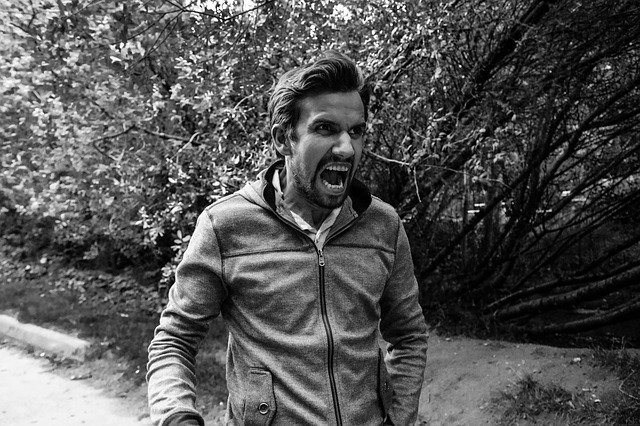“But to you who are listening I say: Love your enemies, do good to those who hate you, bless those who curse you, pray for those who mistreat you. If someone slaps you on one cheek, turn to them the other also.”
– Luke 6:27-28
Turn the Other Cheek
The passage above may be the most misunderstood passage in the entire Bible.
A lot of people think that Jesus wants us to be defenseless wimps in front of the difficult people in our lives.
But if you really understood their culture and history, you’d understand how all these steps were about protecting yourself while still showing respect and love for the difficult person.
In their culture, there were different kinds of slaps.
An open-palm slap is the slap of a master to a slave. But a backhand slap is the slap of equals. So when Jesus said, “If someone slaps you on the right cheek (which was an open-palm slap), turn your left cheek (which will require a backhand slap)” you’re actually protecting your dignity and telling your abuser, “Treat me as an equal.”
You can’t transform a difficult person by allowing yourself to be abused by him. That is why the first step to transform a difficult person is to protect yourself from him or her.
By protecting yourself, you gain the freedom to love the difficult person in a genuine way.
But why is a difficult person difficult?
Because he’s a broken person.
Deep down, he lacks love. He’s very wounded inside. They could be a vicious monster outside, but inside, they’re a small whimpering child, crying, begging for love.
Bad people are broken people. You can’t heal their badness.
But you can heal their brokenness.
How? With tough love.
At the end of the day, only love changes people.
Love yourself… and then love others.
Excerpt taken from How to Deal with Difficult People: Learn the Art of Protecting Yourself from Vampires in Your Life—and Loving Them Wisely
Photo Credit: http://www.pixabay.com



